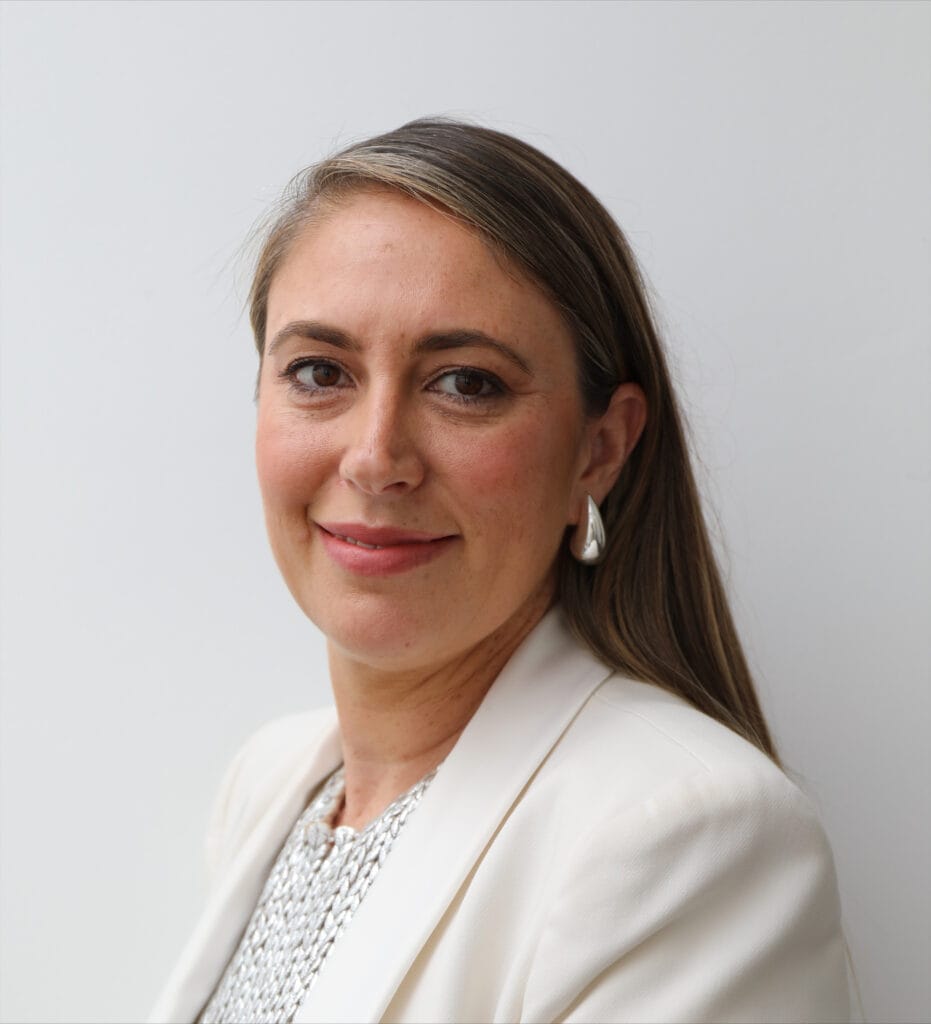Health Hub
Your questions about bowel cancer, answered

Bowel cancer is one of the most commonly diagnosed cancers in the UK. Treatment can be faster, safer and more precise if you’re diagnosed early.
Danilo Miskovic is one of the leading robotic colorectal surgeons in the UK and internationally, and part of our recently launched Colorectal Robotics Service.
This Bowel Cancer Awareness Month, he answers some common questions you may have about bowel cancer.
What are the signs of bowel cancer?
The most common symptoms of bowel cancer are a change in bowel habits (such as going to the toilet more often), bleeding from the bottom and pain or bloating brought on by eating.
These symptoms are often caused by other factors, so most people with these symptoms won’t have bowel cancer, but it’s useful to keep an eye on them and see if they resolve on their own.
If your symptoms last longer than three weeks, make an appointment with your doctor.
What are some less common symptoms of bowel cancer?
Some people with bowel cancer may notice that they feel extremely tired for no obvious reason, or are losing weight without trying, though this is less common.
Some people may also have pain or a lump in their stomach or back passage – this could be a sign to see your GP.
What other conditions can also cause these symptoms?
Bowel cancer symptoms can be caused by a range of other conditions. These include haemorrhoids, sometimes known as piles, which are lumps inside and around your bottom that can also cause bleeding when you go to the toilet.
A change in bowel habits is often caused by something you’ve eaten, or you may have a gastrointestinal issue such as irritable bowel syndrome, ulcerative colitis or diverticulitis.
Although your symptoms will often be caused by something other than bowel cancer it is still important to seek medical advice if you’re worried.
What are the risk factors for bowel cancer?
Having a close family member who has been diagnosed with bowel cancer can increase your risk of developing it yourself. Other cancers can sometimes be linked to your risk of developing bowel cancer – such as if you or a close family member has had ovarian, womb, stomach or pancreatic cancer – but not in every case.
If you’re concerned about your family history and being at higher risk of developing cancer, it’s a good idea to speak to your GP, who might refer you for further testing.
The other risk factors for bowel cancer include age (it is most common in people over the age of 50), a diet that’s high in red or processed meat, smoking, drinking alcohol (particularly to excess), and being obese (especially in men).
How can I lower my risk of bowel cancer?

There are lots of things you can do to help lower your risk of developing bowel cancer. Eating healthily and losing weight if you’re overweight can help, and there’s some evidence that a diet high in fibre could also help.
Cutting down on smoking and drinking alcohol will help reduce the risk of bowel cancer as well as several other cancers.
And getting enough exercise is a good idea for your general health, but it can also help lower your risk of developing bowel cancer. It’s recommended that most people aim for at least 150 minutes of moderate exercise per week, or 75 minutes of vigorous exercise.
How do you test for bowel cancer?

Usually your GP will carry out an examination of your bottom and your abdomen to see if they can feel any lumps, and you may have a blood test to test for anaemia.
If you need to be referred on for more tests, you might have a flexible sigmoidoscopy or colonoscopy, which are procedures that use a tube with a light and camera at the end to examine your bowel. These procedures are carried out in a hospital.
For people aged 60 to 74, the NHS offers a particular type of bowel cancer screening test called a faecal occult blood (FOB) test, every two years.
King Edward VII’s Hospital also offers FIT testing, a newer, more advanced type of screening for bowel cancer that can be carried out at home.
How is bowel cancer treated?
Treatment for bowel cancer may include chemotherapy, radiotherapy or surgery (often keyhole surgery). Using robotic surgery can improve surgical precision and limit surgical trauma. It is very safe and can ultimately lead to a faster recovery, less time in hospital and reduce the risk of complications after surgery.
What’s the future of bowel cancer treatment?
I expect that in the future more and more procedures will be carried out by robot-assisted surgery, I and the team at King Edward VII’s Hospital are training more and more surgeons to carry out surgery in this way. And advancements in imaging will help us to pinpoint the exact location of the cancer, so we can be even more precise with the surgery.
Ideally, we will also get to a point where we are diagnosing bowel cancer earlier, so in many cases surgery will not be needed.
To help diagnose cancer earlier, it’s really important to be aware of what’s normal for you, and to seek help if you’re worried.
Is it still possible to get medical help during lockdown?

If you have symptoms that you’re worried about, it’s important to still seek help. Lots of doctors are now conducting appointments over the phone or over video call, so it might be possible to reassure you without having to go to a GP surgery or hospital in person.
If a physical examination is necessary, medical staff have taken every precaution to keep patients safe. There might be some new rules to follow when you attend your appointment, so make sure you read any letters or correspondence carefully.
What’s your advice for people who might be embarrassed to seek help?
It’s perfectly natural to be embarrassed to go to the doctor, especially if your concern is about a more private area! However, there’s no reason to be embarrassed and medical staff will do everything to make you feel comfortable. If you suspect there may be a problem, I’d really urge you to seek medical help. It’s probably nothing and we’re always more than happy to rule something serious out. On the off chance it is a serious issue, the sooner we catch it, the better the treatment options will be.
More information
- If you think you have possible symptoms of bowel cancer, speak to your GP, who can run some tests and discuss treatment options with you if needed. (Don’t have a GP?)
- We also offer an Urgent Bowel Cancer Service, so if you have suspected bowel cancer, you can receive a guaranteed appointment with a consultant colorectal surgeon within 48 hours of referral.
- Danilo Miskovic leads our Colorectal Robotics Service, the UK’s premier clinic for robotic colorectal and general surgery.
Article Sections
Latest Hospital News
Should you wish to speak to our press team, please visit Press Enquiries




